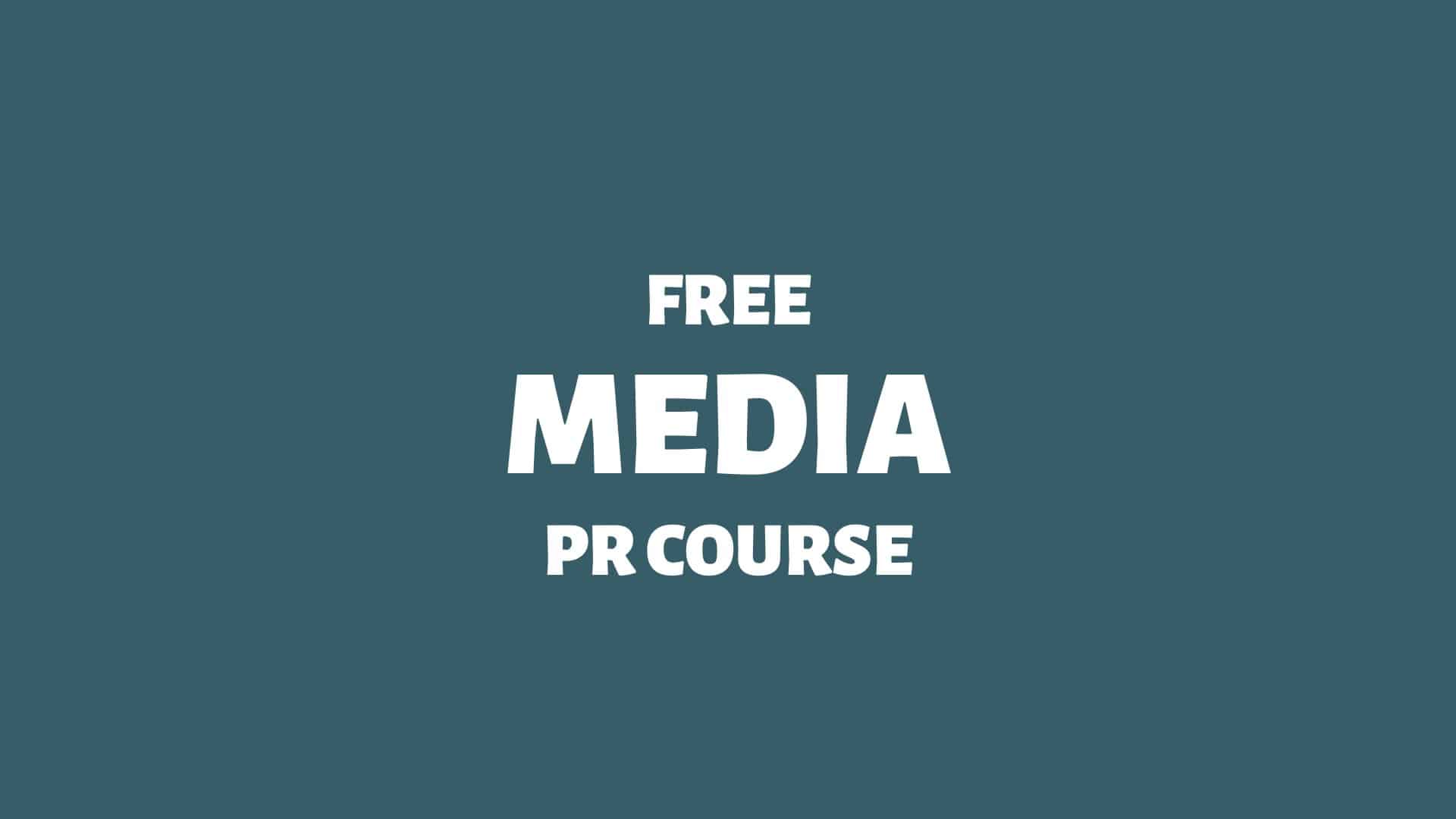Confirmation bias in the media skews the news.
Fuelled by confirmation bias and media logic, echo chambers expose news audiences mainly to reinforcing opinions, narrowing and distorting their worldview.
These phenomena hinder critical thinking, promote misinformation, and contribute to societal polarisation.
Confirmation bias is a constant challenge for PR professionals.
Here we go:
Confirmation Bias
Confirmation bias occurs when individuals selectively search for, interpret, or remember information that confirms their pre-existing beliefs or hypotheses while disregarding evidence that contradicts them. This tendency to focus on supportive data while ignoring contrary evidence can lead to skewed decision-making and reinforce flawed thinking.
Confirmation bias (example): “The latest market report says consumer sentiment is trending positively, which confirms my belief that our new product will be a hit. I’ll focus on that part of the data and ignore the sections suggesting potential challenges.”
Confirmation bias can be particularly dangerous, as it often leads to the neglect of essential counterarguments, alternative perspectives, or warning signs. By only considering evidence that aligns with existing assumptions, organisations risk making decisions based on incomplete or distorted information, potentially overlooking opportunities or risks that could be crucial to their success.
To avoid falling into the trap of confirmation bias, business leaders should actively seek diverse perspectives and evidence that challenge their assumptions.
Encouraging a culture of critical thinking, where questioning and testing hypotheses are valued, helps ensure that decisions are based on a thorough and balanced evaluation of all available information. This promotes smarter, more adaptable strategies and reduces the likelihood of being blindsided by ignored factors in favour of confirming preconceptions.
The truth often lies beyond what we believe, waiting quietly in the gaps we refuse to acknowledge.
Learn more: Confirmation Bias in the Media
Confirmation Bias in the Media
Cognitive bias in the media presents a significant issue because it can skew the presentation and interpretation of news, leading to a distorted understanding of events and issues among the public.
“Confirmation bias, the tendency to consume news that confirms pre-existing attitudes and beliefs, can contribute to the spread of false news on digital platforms.”
Source: Digital Journalism 1Ling, R. (2020). Confirmation Bias in the Era of Mobile News Consumption: The Social and Psychological Dimensions. Digital Journalism, 8, 596 — … Continue reading
When media content is influenced by biases — such as confirmation bias, sensationalism, or media logic — it tends to favour certain narratives or perspectives, often at the expense of a balanced and comprehensive view.
This selective representation can reinforce pre-existing beliefs among audiences, contributing to the polarization of public opinion. It also hampers critical thinking, as people are less exposed to diverse viewpoints and more likely to accept biased information as truth.
“Confirmation bias is a cognitive bias in which individuals tend to focus on information that supports their existing beliefs, while overlooking contradictory information.”
Source: Encyclopedia of the Sciences of Learning 2Barry, P., & Tribe, L. (2009). Confirmation bias. Encyclopedia of the Sciences of Learning. https://doi.org/10.1007/978 – 1‑4419 – 1428-6_2086
Confirmation bias in media reporting can perpetuate stereotypes and misinformation, influencing public opinion and policy decisions based on incomplete or skewed information.
In an era where media plays a crucial role in shaping societal discourse, cognitive biases undermine the credibility and trustworthiness of media outlets. It poses a broader challenge to informed decision-making and democratic processes in society.
Confirmation bias, amplified by social media algorithms and media logic, segregates online communities into isolated information bubbles — echo chambers.
Learn more: Confirmation Bias in Media: The Echo Chamber Challenge
Echo Chambers on Digital Platforms
Echo chambers, amplified by confirmation bias and media logic, pose a significant societal problem. They create environments where individuals are exposed primarily to opinions and information that reinforce their existing beliefs, leading to a narrow, often distorted worldview.
“Echo chambers in social media contribute to the viral spread of misinformation by acting as initial bandwagons for complex contagions.”
Source: PLoS ONE 3Törnberg, P. (2018). Echo chambers and viral misinformation: Modeling fake news as complex contagion. PLoS ONE, 13. https://doi.org/10.1371/journal.pone.0203958
In echo chambers, critical thinking and exposure to diverse perspectives are limited, which can contribute to spreading misinformation and entrenching extremist views. 4Silfwer, J. (2018, August 6). How To Fight Populism. Doctor Spin | The PR Blog. https://doctorspin.net/how-to-fight-populism/
“Echo chambers are not just spaces where opinions are excluded, but also spaces where beliefs are reinforced, contributing to misinformation and collaborative resistance.”
Source: Episteme 5Elzinga, B. (2020). Echo Chambers and Audio Signal Processing. Episteme, 19, 373 — 393. https://doi.org/10.1017/epi.2020.33
Such isolation can intensify ideological polarisation, diminishing the opportunity for constructive dialogue and understanding between different groups.
Echo chambers can undermine the democratic process by creating fragmented publics, each with its own ‘facts’ and interpretations, making consensus and collaborative problem-solving increasingly challenging.
“Echo chambers and epistemic bubbles are distinct social epistemic phenomena, and addressing them requires distinct interventions.”
Source: Episteme 6Nguyen, C. (2018). ECHO CHAMBERS AND EPISTEMIC BUBBLES. Episteme, 17, 141 — 161. https://doi.org/10.1017/epi.2018.32
Learn more: Echo Chambers: Algorithmic Confirmation Bias
Media Relations: Debiasing Techniques
“Debiasing techniques against confirmation bias could potentially promote human welfare by reducing ideological extremism and fostering understanding among diverse groups.”
Source: Perspectives on Psychological Science 7Lilienfeld, S., Ammirati, R., & Landfield, K. (2009). Giving Debiasing Away: Can Psychological Research on Correcting Cognitive Errors Promote Human Welfare? Perspectives on Psychological … Continue reading
As a PR professional working with the media, employing debiasing techniques is crucial to ensure balanced and accurate communication.
Here are seven such techniques:
Implementing these debiasing techniques in your daily PR practice can significantly improve the accuracy and fairness of your media relations, fostering greater understanding and reducing confirmation bias.
Confirmation Bias in Organisations
Confirmation bias exists everywhere, not just in the media. Organisations themselves could benefit from being vigilant against biases influencing various internal communications practices:

THANKS FOR READING.
Need PR help? Hire me here.

What should you study next?
Spin Academy | Online PR Courses

Spin’s PR School: Free Media PR Course
Elevate your public relations skills with this free Media PR Course—a must-have resource for all aspiring public relations professionals. Boost your career now!
Media Theory
Media Logic
Journalism
Digital Media
Learn more: All Free PR Courses
💡 Subscribe and get a free ebook on how to get better PR.

Annotations
| 1 | Ling, R. (2020). Confirmation Bias in the Era of Mobile News Consumption: The Social and Psychological Dimensions. Digital Journalism, 8, 596 — 604. https://doi.org/10.1080/21670811.2020.1766987 |
|---|---|
| 2 | Barry, P., & Tribe, L. (2009). Confirmation bias. Encyclopedia of the Sciences of Learning. https://doi.org/10.1007/978 – 1‑4419 – 1428-6_2086 |
| 3 | Törnberg, P. (2018). Echo chambers and viral misinformation: Modeling fake news as complex contagion. PLoS ONE, 13. https://doi.org/10.1371/journal.pone.0203958 |
| 4 | Silfwer, J. (2018, August 6). How To Fight Populism. Doctor Spin | The PR Blog. https://doctorspin.net/how-to-fight-populism/ |
| 5 | Elzinga, B. (2020). Echo Chambers and Audio Signal Processing. Episteme, 19, 373 — 393. https://doi.org/10.1017/epi.2020.33 |
| 6 | Nguyen, C. (2018). ECHO CHAMBERS AND EPISTEMIC BUBBLES. Episteme, 17, 141 — 161. https://doi.org/10.1017/epi.2018.32 |
| 7 | Lilienfeld, S., Ammirati, R., & Landfield, K. (2009). Giving Debiasing Away: Can Psychological Research on Correcting Cognitive Errors Promote Human Welfare? Perspectives on Psychological Science, 4, 390 — 398. https://doi.org/10.1111/j.1745 – 6924.2009.01144.x |


